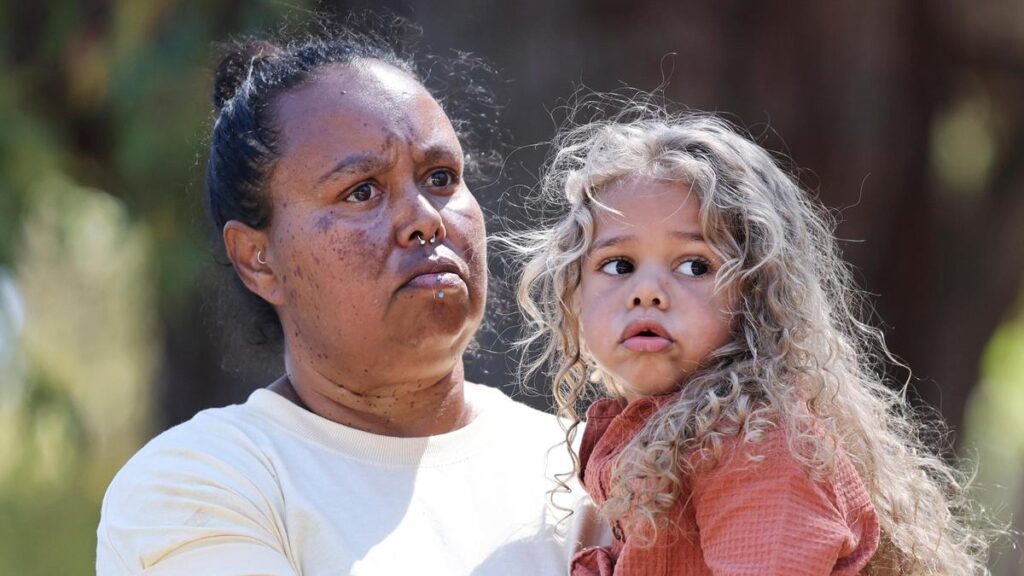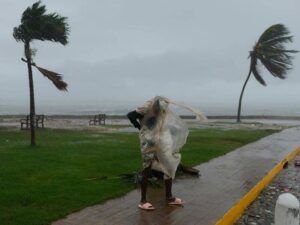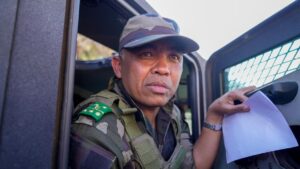
On October 3, 2023, a significant milestone was reached in Western Australia as Governor Chris Dawson formally apologized to the Traditional Owners for the 1834 Pinjarra Massacre. This apology marks a critical moment in the state’s history, providing recognition of a painful past that has not been adequately addressed for nearly two centuries.
The apology is not merely a symbolic gesture; it represents a necessary step toward historical honesty and reconciliation. According to Governor Dawson, this act acknowledges the truth of an event that has long been mischaracterized. The massacre, which involved a planned assault led by colonial authorities, resulted in the deaths of approximately 20 members of the Bindjareb community, including men, women, and children.
Confronting Historical Injustice
Historically, the Pinjarra Massacre has often been described as a “skirmish” or a conflict. However, Governor Dawson emphasized that this characterization fails to capture the calculated nature of the attack. The planned ambush occurred when Governor James Stirling ordered armed officials to confront the Bindjareb people, following earlier violent incidents that included a public flogging of Bindjareb men and the spearing of settlers.
In his apology, Governor Dawson stated, “This attack… was planned and led by a governor.” His acknowledgment of the premeditated nature of the massacre shifts the narrative from a vague notion of “frontier violence” to a clear depiction of state-sanctioned atrocity. This admission is particularly significant as it highlights the role of colonial authorities in perpetrating violence against Indigenous populations.
Emma Garlett, a legal academic and Nylyaparli-Yamatji-Nyungar woman, reflected on the importance of this recognition. She noted that the apology serves as a foundation for addressing intergenerational trauma that persists in Indigenous communities as a result of historical injustices. The act of truth-telling is essential for healing and reconciliation.
A Call for Continued Reflection
While the apology is a step forward, it also raises broader questions about the accuracy of Western Australia’s historical narrative. Garlett expressed concerns about how much of the state’s history remains distorted or unacknowledged. “How much of what we know is lies? And when will our history reflect reality?” she questioned, emphasizing the need for ongoing dialogue and examination of the past.
The Governor’s statement that he is unaware of any other massacre “attributed to a governor” underscores the unique and severe nature of the Pinjarra Massacre. This recognition signals a shift in how such events are documented and discussed within the public sphere.
As Western Australia confronts its history, the path toward reconciliation requires honesty, integrity, and a commitment to acknowledging the truths of the past. The tragedy of the Bindjareb people at Pinjarra should no longer be relegated to the shadows of history but instead serve as a catalyst for understanding and healing.






